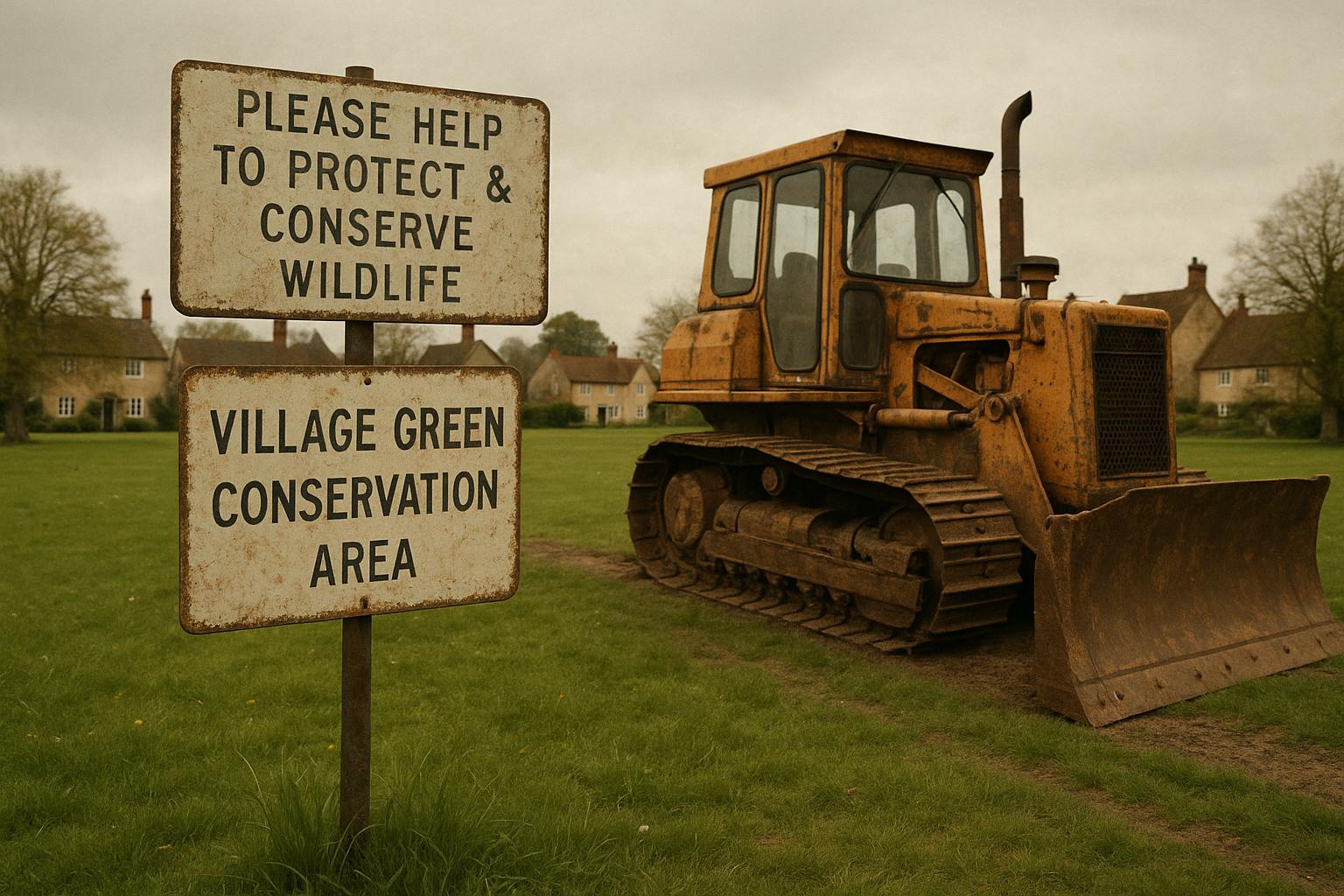New UK housing Secretary Steve Reed’s well-publicised mantra of "build, baby, build" reflects the Government’s determination to accelerate housing development in England. Central to this drive is an ambitious target to construct 1.5 million new homes within this parliament. However, Labour’s proposals to speed up the planning system by removing certain statutory consultees from the process have encountered delays and significant opposition.
A consultation initially promised for spring on the removal of statutory consultees, including The Gardens Trust—which is the only national charity focused on protecting and conserving the heritage of designed landscapes—has yet to materialise. Linden Groves, Deputy Director of The Gardens Trust, expressed frustration over the delay, calling the uncertainty a “hijack” of the year for the organisation. She emphasised the importance of the Garden Trust’s role, noting that the charity has been preparing extensively to respond to the proposals that could exclude it from mandatory consultation on developments, potentially putting historic parks and gardens at risk.
The Gardens Trust highlights the public concern over the potential loss of green spaces amid the push for rapid housing growth. Their recent report shows that more than 90% of Britons worry that the Labour plans to build 1.5 million new homes could endanger local green open spaces. The report also cites NHS savings of approximately £111 million annually attributed to the health benefits people derive from visiting parks and gardens—benefits realised through fewer GP visits and reduced healthcare demand. The charity warns that removing its role could lead to “poor decisions” in development projects that impact the environment and heritage sites.
Others in the sector echo this alarm. Dave Morris, chair of the National Federation of Parks and Green Spaces, criticised the Government’s apparent intent to reduce consultation with public bodies protecting community interests, warning that park and green spaces are essential to all communities and must be safeguarded. Ian Sansbury, chief executive of Mind Over Mountains, a mental health charity, stressed the vital role of nature and green spaces in supporting mental well-being and easing NHS pressures, describing these areas as a “natural health service.”
Despite accusations that their interventions delay the planning process, The Gardens Trust refutes this claim. In the last year, the charity lodged just 69 objections to planning applications, which would have affected around 1,100 new homes. Many of the landscapes they protect are registered on the National Register of Parks and Gardens of Special Historic Interest in England—a list of over 1,700 sites including Birkenhead Park, Chatsworth House Gardens, and Highgate Cemetery, safeguarding their historic significance.
The Gardens Trust’s Deputy Director emphasises that without their statutory consultee status—which costs the taxpayer less than £44,000 annually—local authorities might face costs exceeding £30 million to compensate for the oversight currently provided largely by volunteers. Of particular concern are Grade II-listed parks and gardens, which make up 65% of the register and include public-accessible sites such as Parliament Square, Finsbury Park, and Chelsea Hospital. Groves stressed that these sites are rare and irreplaceable, not expendable as the Government’s reforms might imply.
From the Government’s perspective, these reforms form part of a broader effort to remove bureaucratic obstacles seen as slowing construction. Announced changes aim to limit the number of statutory consultees, removing organisations including The Gardens Trust, Sport England, and Theatres Trust from mandatory roles in the planning process. This is intended to cut down complex and lengthy consultation phases that critics say hamper prompt housing delivery. The Ministry of Housing, Communities and Local Government reiterated there is “absolutely no intention” to allow building on historic parks or listed spaces.
These proposed reforms fall under the government’s wider agenda to update the National Planning Policy Framework (NPPF), seeking sustainable growth and mandating local authorities to plan according to a standard method for housing needs assessment. The government has opened consultations to this effect, aiming to ensure smoother, more consistent progress toward the 1.5 million homes goal. Alongside this, officials have outlined new performance frameworks with greater ministerial oversight, designed to reduce delays and uncertainties within the planning system.
While government officials frame these reforms as necessary steps to unblock housing supply constraints and propel economic growth, the delays in consultation and strong opposition from heritage and environmental groups illustrate the profound challenges of balancing housing development with conservation of the UK’s treasured green and historic spaces. The debate underscores the tensions intrinsic to housing policy: expediting delivery to meet pressing demand while preserving the cultural, mental health, and ecological benefits embedded in the country’s green heritage.
📌 Reference Map:
- Paragraph 1 – [1], [2], [3]
- Paragraph 2 – [1]
- Paragraph 3 – [1]
- Paragraph 4 – [1]
- Paragraph 5 – [1]
- Paragraph 6 – [1]
- Paragraph 7 – [1], [2], [3], [6]
- Paragraph 8 – [4], [7], [5]
- Paragraph 9 – [1], [2], [3]
Source: Noah Wire Services
